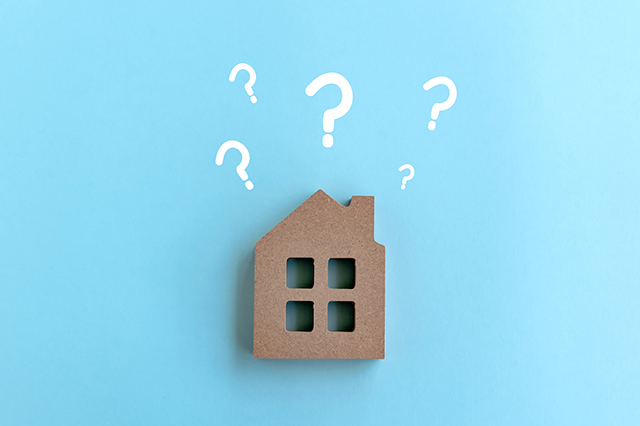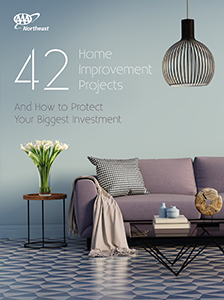Buying a house is a major milestone in anyone’s life. Not only is it a new personal chapter, it also signifies you’ve reached a financial goal. After all, a house is the most expensive purchase you’re likely ever going to make.
There’s no question that purchasing a home can come with significant financial advantages. But knowing when you’re ready to buy instead of rent can take some figuring out. Here are a few reasons why buying a home instead of renting may be the right choice for you, as well as some ways to see if you’re finally ready to make the move.
Why should you buy instead of rent?
You can customize your house
Owning your home means you’re free to make any changes you like. Paint the rooms a different color, renovate the kitchen, create an addition. The best part is that these changes don’t just have to be cosmetic; they can also help you financially by lowering your home ownership costs and/or increasing the value of your house. For instance, installing solar panels or adding insulation will reduce your monthly utility bill and potentially help with resale value.
It forces you to save
While we all know we should be saving money each month, sometimes it’s easier said than done. Keeping up with your mortgage, however, forces you to invest in your own home, thus increasing your savings.
Homeowners are required to pay their mortgage each month, a portion of which is used to pay down the principal amount of the loan. The less you owe on your mortgage, the more equity you own in your house. Once your mortgage is paid off, you have the entirety of your home’s value available to you should you choose to sell. If you’re renting, however, your monthly payment goes to your landlord and you have no asset to show for it.
Your fixed mortgage rates won’t increase
If you have a fixed-rate mortgage, your monthly payments will never change, even if inflation and other costs rise. On the other hand, unless you live in a rent-controlled building, your monthly rent is subject to increase every year. Knowing what the bulk of your monthly housing costs will be for years in the future can create financial stability.
Reap the benefits of appreciation
Aside from the obvious benefit of having a place to live, owning a home can also be viewed as a strong financial investment. A recent analysis found the 25-year average annual appreciation rate of home property values in the United States is 3.9%. The more your home appreciates, the more money you’ll make if and when you sell.
It’s also important to note that the appreciation occurs on the entire home’s value, not just your down payment, which may make it more appealing than other investment types, such as buying stock. As an example, say you purchased $20,000 in stock. If it appreciated 3.9% in one year, you’d have made $780. If instead you used the $20,000 as a 20% down payment on a $100,000 home, and the home appreciated by the same 3.9%, after one year you would have gained $3,900.

When you should buy instead of rent
Now that we’ve uncovered some of the benefits of owning a home over renting one, we need to know when you should buy instead of rent. While everyone’s financial situation is different, in general, you’ll know you’re in a financial spot to purchase a home if you’re able to secure financing. Lenders will look at your entire financial picture to determine if you qualify for a mortgage. This includes your credit score, income and employment security, and savings. If they give you the green light, you’re likely financially ready to move forward.
Then comes the question of how much you can afford. It’s a good idea to try to save enough for a down payment of at least 20% of the cost of your new house. Anything less than that will force you to pay private mortgage insurance. This is an additional fee tacked onto your monthly mortgage payment that protects the lender in the event you default on the loan.
Another number you’ll want to keep in mind is your debt-to-income ratio. This is a comparison of all your monthly debt obligations to your monthly gross income. The 43% debt-to-income ratio is generally used as a standard guideline for approving mortgages. This means that a homeowner’s monthly debts (car payments, student loans, credit cards, etc.) plus their potential mortgage payments should total 43% of their monthly gross income. If you owe more than this percentage, you may want to pay down some of your debts before seeking a mortgage.
If you believe you’re ready to purchase a home, or just have questions about the process, AAA is here to help. To learn more our home loan services or to speak to a mortgage specialist now, visit AAA.com. For ways to save even more at home, go to AAA.com/HomeServices.

















